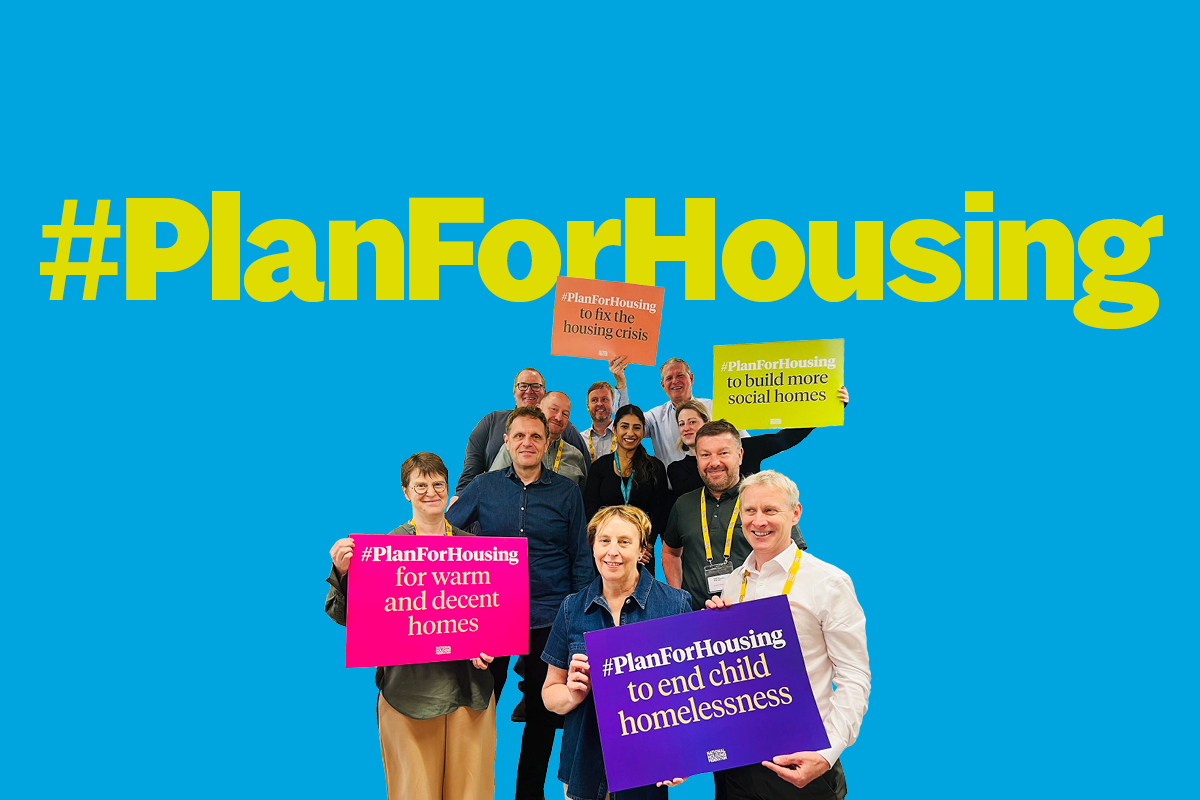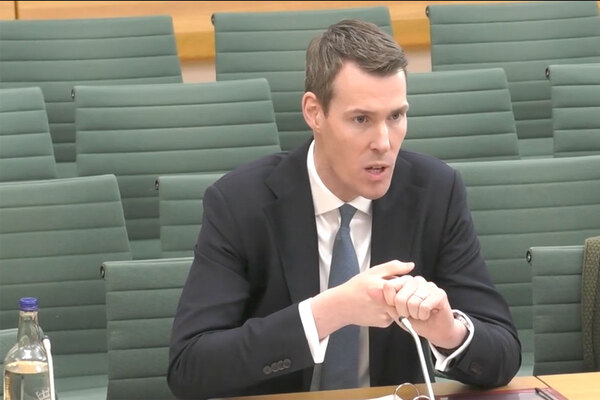New ombudsman ASB report names 10 landlords and one case where resident threatened with gun
The Housing Ombudsman has named 10 landlords in its latest learning report on anti-social behaviour (ASB), including one incident where a resident reported being threatened with a gun.

The issues were identified as part of the watchdog’s ‘Learning from severe maladministration’ report series, the latest of which focused on complex ASB cases handled by 10 housing associations and councils.
The report examined five key areas: risk assessments, action plans, engagement with third parties, hate crime, and complaint-handling and communication.
Housing ombudsman Richard Blakeway said the report includes “some of the most demanding and distressing cases we have seen”.
The report comes during ASB Awareness Week, with ASB highlighted as the second-highest driver of complaints to the watchdog.
In highlighting the importance of co-ordinating with other agencies, the ombudsman found that Sanctuary had failed to liaise effectively with its tenancy management company (TMC) in a case “fraught with conflicts of interest, lack of action and responsibility passing”.
A resident who had reported ASB to the TMC for eight months saw no action taken.
The report said: “When [she] subsequently reported that the neighbour threatened her with a gun and alleged other residents had been threatened too but were frightened to make reports, members of the TMC were reluctant to address the neighbour’s behaviour out of fear of repercussion.”
The ombudsman said the association had not assessed whether the TMC had an appropriate action plan and skills in place to deal with the issue.
A spokesperson for Sanctuary said: “Every Sanctuary customer has the right to expect us to deal with ASB in a thorough and timely manner. In this case, we fell short of the standards our customers deserve and we have apologised to the affected resident for the poor service received.
“We are committed to learning lessons arising from complaints and using them to help us improve. We have revised and updated our policies relating to neighbourhood nuisance and ASB. In addition, we are implementing new processes to improve the way we manage and track the effectiveness of our services to customers.”
A case handled by Southwark Council had no risk assessment carried out on a young person subjected to racist and transphobic threats, who had previously tried to end their life. The council failed to put any safeguarding in place, told the resident falsely that the case had been forwarded to its social welfare panel, and lost key evidence, adding to their “frustration and stress”.
In a separate case, the same council failed to implement an action plan after a resident was the “victim of various forms of harassment” and had reported incidents to the police – meaning no effective measures were taken.
“We are very sorry our services fell well below the standards our tenants deserve, and acknowledge the poor service and failings in these cases,” a Southwark Council spokesperson said.
The local authority has since reviewed its complaints processes, delivered extra training for housing officers and put ASB procedures under review in consultation with residents.
Orbit was found to have left a domestic abuse victim without support and too “terrified” to leave her home following inaction. While in a refuge, the resident reported further instances of ASB and that a neighbour was passing information on to her ex-partner.
“These reports were not actioned and there was no proactive communication from the landlord at any point,” the ombudsman found.
Orbit said it has provided training for staff on the management of ASB reports and facilitating more accurate case management, as well as developing improved relationships with third parties.
Elsewhere, the watchdog found that Peabody had failed to visit a resident or signpost them to support after they reported nine ASB incidents, including five involving racial slurs, over a three-month period.
The association said it has made tackling serious ASB, hate crime and domestic violence the primary focus of its specialist community safety service, and is undertaking an independent review into its ASB-handling.
The other landlords named in the report are Bristol City Council, Clarion, L&Q, Newham Council, Notting Hill Genesis and Watford Community Housing.
Matt Foreman, executive group director – customer services at L&Q, said: “The safety and well-being of residents is our top priority, and we completely understand the detrimental impact anti-social behaviour can have on them and their communities. We have acknowledged we didn’t get things right when handling these complaints and have previously apologised to residents.”
L&Q explained it has developed a more resident-focused approach to ASB, domestic abuse and hate crime.
Watford Community Housing said: “We are very sorry to have let our customers down on this occasion. We accept that our handling of this complaint was not good enough and we regret the impact that this has had on the customer and their family. We have since supported them to move to a new and more suitable home.”
A spokesperson for Notting Hill Genesis said: “We know the profound impact anti-social behaviour can have on the lives of residents, and apologise unreservedly to both residents affected for the failings in our response. We are committed to making sure our residents feel safe and secure in their homes and have worked with both households to begin rebuilding trust, starting with paying fair and adequate compensation.
“We have a robust anti-social behaviour policy in place and work closely with a range of agencies and partners to try and resolve issues peacefully where possible, or take eviction action against anti-social tenants where necessary.”
Mr Blakeway said that while many of the circumstances related in the report made for “difficult” reading, “we cannot shy away from the reality of these experiences without losing the lessons to support landlords to deal with it”.
“Although we do see some good practice, these cases point to clear and common failings,” he added. “This can often be a failure to respond and act. This can lead to risk assessments not being conducted, actions plans being absent, and limited communication.”
Mr Blakeway hopes the practical lessons from the cases for landlords include “ensuring policies are clear and deliverable, managing resident expectations, triaging complaints, improving knowledge transfer, and being more proactive”.
Sign up for our tenancy management newsletter
Already have an account? Click here to manage your newsletters











